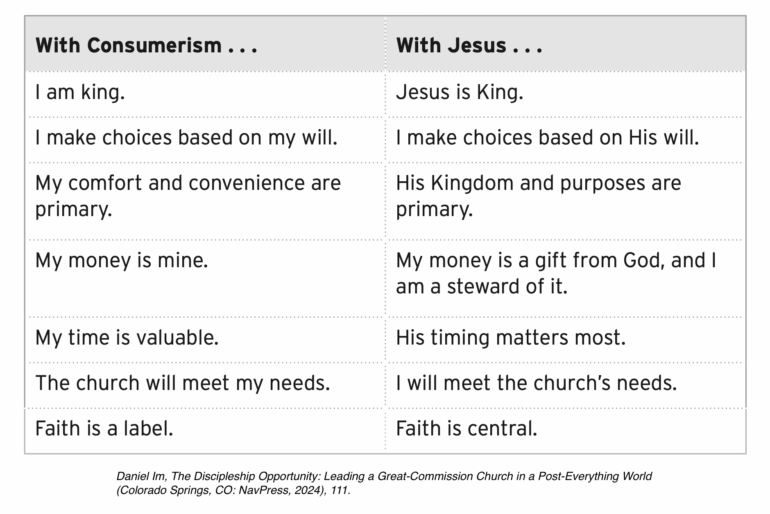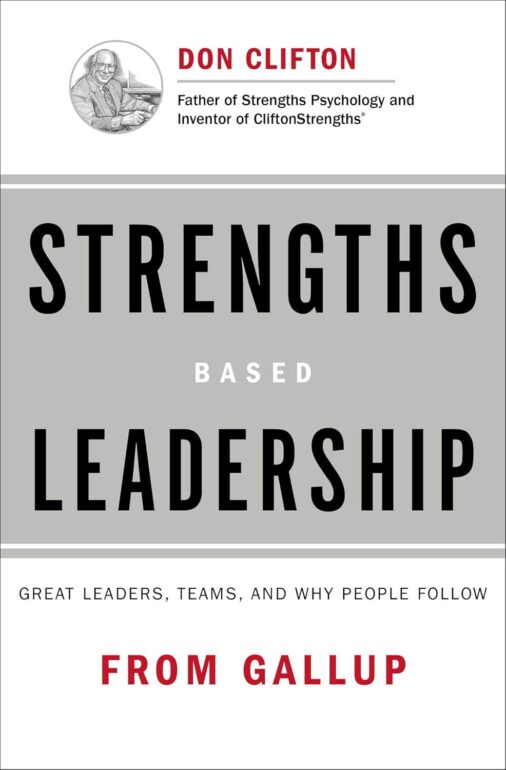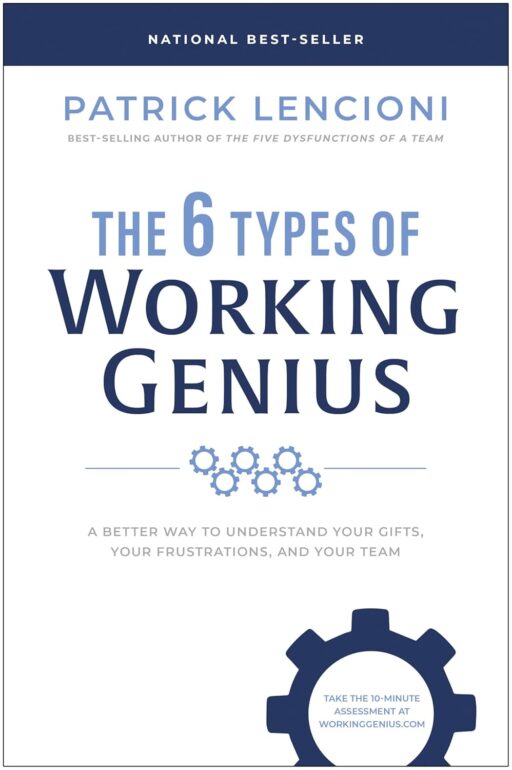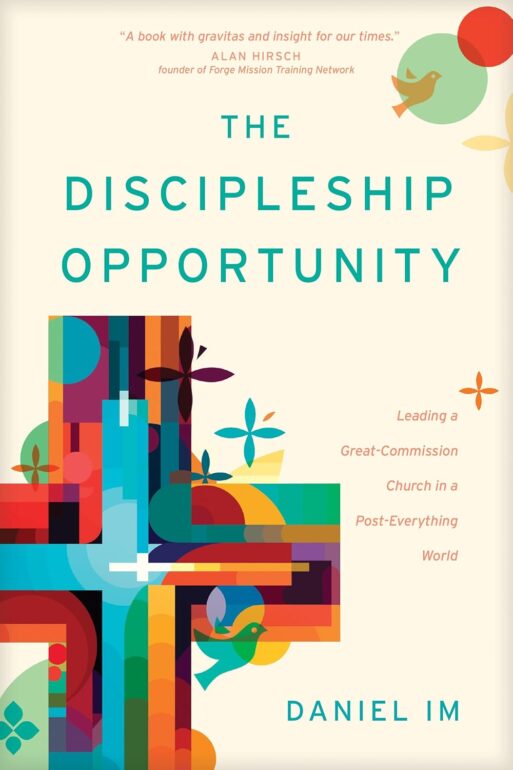
Every week, I get the privilege to share what’s on my heart with our Beulah Alliance Church staff team. After writing this week’s letter, I felt led to share it more broadly, in hopes that it will encourage anyone and everyone who works at a church (regardless of whether you’re serving in a ministry or non-ministry role). Feel free to use it and adapt it for your context as you wish! Here it is:
Hey team,
It’s so easy to fall into the daily routines of our work, projects, and to-do lists that we forget why we do what we do. So, I hope the next few lines serve to encourage and remind you of the God-given calling we share by working here at ___________ (fill in the name of your church).
We aren’t organizing events for people to consume,
We aren’t delivering goods and services for people to buy,
We aren’t entering data for reporting, charts, and graphs,
We aren’t matchmaking people with one another because people are lonely,
We aren’t entertaining children and youth so that their parents can have some free time.
At ________ (fill in the name of your church), we are partnering with the Holy Spirit:
To awaken the sleepers, seekers, consumers, and disciples* in ___________ (your city) to the reality of this spiritual world we live in,
To help people experience and be transformed by God’s incredible and unconditional love for them, and
To join Jesus in His mission that He has graciously called all of us into.
And I am so grateful that we get to do this together.
Love you team,
*This specific phraseology is from a quadrant I wrote about in my book The Discipleship Opportunity: Leading a Great-Commission Church in a Post-Everything World.








